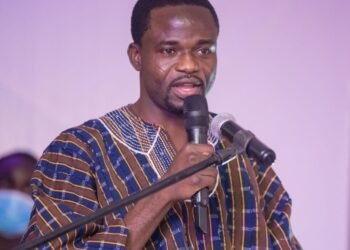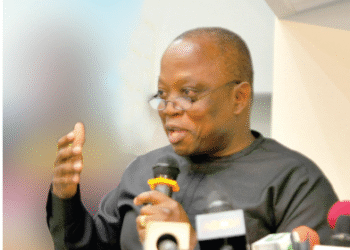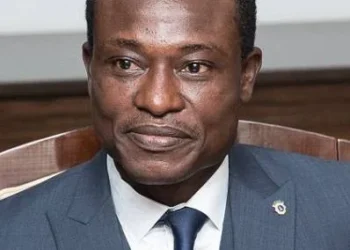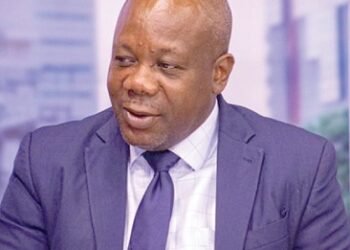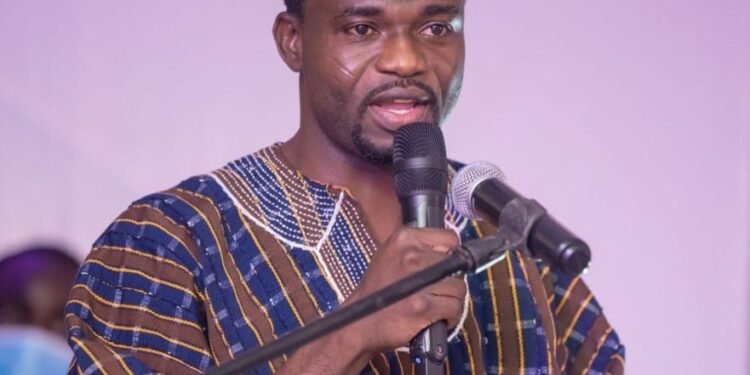Hassan Ayariga, the Founder of the All People’s Congress (APC), has urged Ghanaians to reject both the New Patriotic Party (NPP) and the National Democratic Congress (NDC) in the 2024 elections.
Ayariga believes that neither party has anything substantial to offer, emphasizing that the APC presents strong policies for economic growth. He advocated for a national development policy, lasting no more than 8 years, to guide parties in government collectively.
Ayariga asserted that Ghana’s democracy hasn’t matured to trust individual party manifestoes, calling for a more collaborative and comprehensive approach to governance.
“The 2024 general elections are not for the NDC or the NPP, we have to change, and if we want the economy to grow both parties must be swept under the carpet. That is why we in APC are putting up this hard work and good policies.
“Our democracy has not matured to the extent that Ghanaians should trust the manifestoes of the parties. The reason I said we should come up with the nation’s manifesto which is a national development plan drafted and positioned and contributed by stakeholders, political leaders, academics, students everybody.”
Hassan Ayariga
Democracy And Manifestoes
In a democracy, a political manifesto assumes a central role, acting as a comprehensive statement that outlines a political party’s core values, principles, and policy proposals. It serves as a roadmap for governance, providing citizens with a transparent view of what the party intends to achieve if elected into office. The importance of a manifesto is particularly pronounced in Ghana, where elections shape the trajectory of the nation’s development.
Ghana, like many democracies, experiences a vibrant political landscape characterized by multiple political parties vying for power. The two major players, the New Patriotic Party (NPP) and the National Democratic Congress (NDC), have historically dominated Ghanaian politics. However, voices such as Hassan Ayariga, the founder of the All People’s Congress (APC), are emerging to challenge the conventional political narrative.
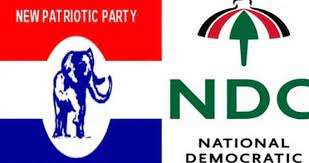
One notable aspect of Ayariga’s critique is his skepticism about the maturity of Ghana’s democracy. He questions the extent to which citizens should trust the manifestoes presented by political parties during election campaigns. This skepticism reflects a broader sentiment in many democracies, where voters often grapple with discerning the authenticity of promises made in manifestoes.
Ghana’s democratic journey has been marked by a consistent rotation of power between the NPP and NDC, each presenting its manifesto during elections. While manifestoes serve as essential documents outlining policy directions, Ayariga suggests that the Ghanaian democracy has not matured enough for citizens to wholly rely on these political declarations.
In proposing an alternative approach, Ayariga advocates for a national development policy that transcends individual party manifestoes. This envisioned policy would be a collaborative effort, incorporating contributions from stakeholders, political leaders, academics, students, and the broader public. Such a national development plan, Ayariga argues, should guide the activities of political parties when they assume governance roles, fostering continuity and consistency in national development.
The idea of a national development policy aligns with the concept of inclusive governance, where diverse voices contribute to shaping the country’s trajectory. Ayariga’s call for a policy that lasts no more than eight years emphasizes adaptability, recognizing the dynamic nature of socio-economic challenges.
Ghana, in embracing such an approach, could set a precedent for democracies seeking to enhance the effectiveness of governance beyond electoral cycles. It would represent a departure from the traditional reliance on party manifestoes, providing a more holistic and enduring framework for national development.
The proposition for a national development policy reflects a forward-thinking approach to governance, emphasizing collaboration, adaptability, and long-term planning.
READ ALSO: Challenges and Opportunities Of The NPP Parliamentary Primaries Ahead Of The 2024 Elections




